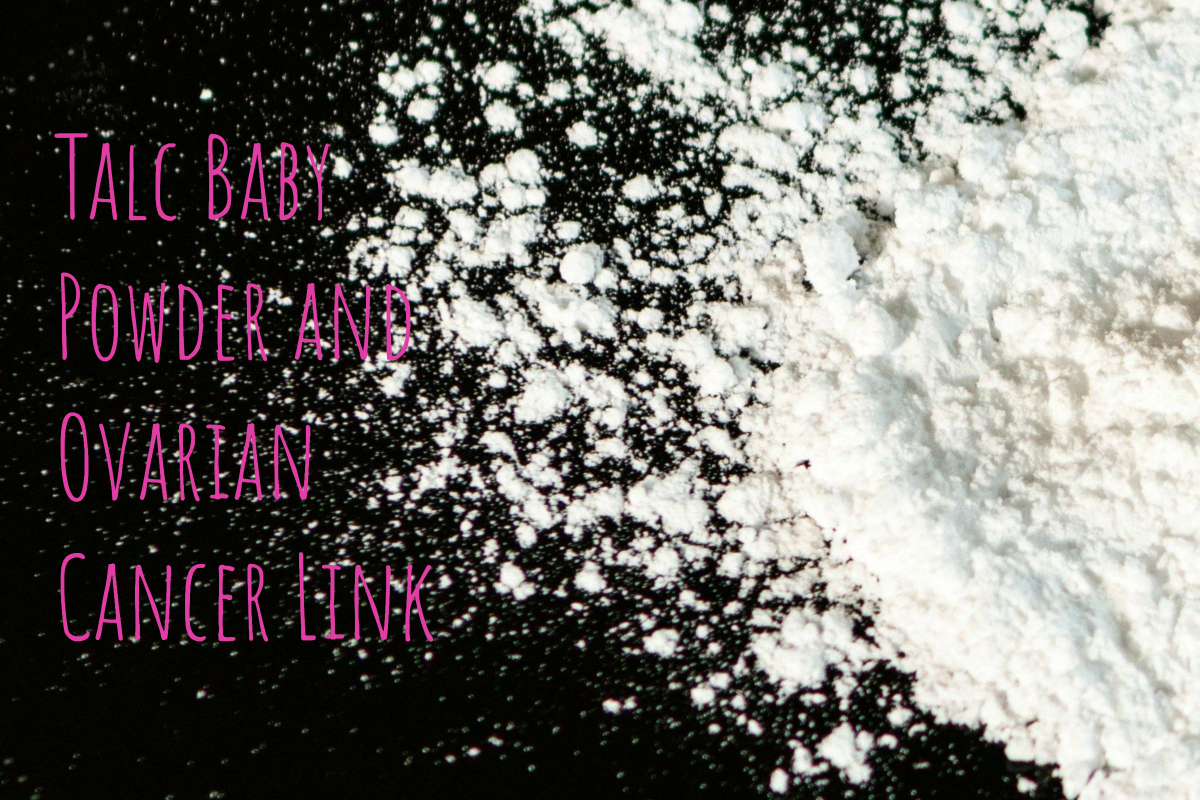Ongoing Legal Battle: Talc Baby Powder and Ovarian Cancer Link
The Story of Talc Baby Powder and Ovarian Cancer
For many decades, talcum powder has been a staple in households, especially for baby care. It has been used to keep skin dry and prevent rashes. However, this common product has become the center of numerous lawsuits and scientific studies due to its potential link to ovarian cancer.
Decades of Legal Battles
The controversy over talc began several decades ago when women started filing lawsuits against Johnson & Johnson, a major manufacturer of talcum powder. These women claimed that using talc-based products in their daily hygiene routines led to their ovarian cancer diagnoses. Over the years, thousands of women have joined these lawsuits, seeking justice and compensation.
Johnson & Johnson’s Defense
Johnson & Johnson has consistently defended its products, stating that they are safe and free from asbestos, a known carcinogen. The company points to studies and regulatory reviews that found no definitive link between talcum powder and ovarian cancer. Despite this, the lawsuits have continued to mount, with mixed results in court. Some juries have awarded substantial damages to plaintiffs, while others have ruled in favor of the company.
Scientific Studies and Their Findings
The scientific community remains divided on the issue. Some studies suggest a slight increase in ovarian cancer risk among women who use talcum powder in the genital area, while others find no significant association. For instance, a major study published in 2019 found no strong link between talc and ovarian cancer. However, another study published around the same time suggested that there might be a small increased risk.
New Developments and Continuing Research
The battle over talc is far from over. New research continues to emerge, and regulatory bodies are re-examining the evidence. In 2020, Johnson & Johnson announced that it would stop selling talc-based baby powder in North America, citing declining sales and “misinformation” about the product’s safety. This move has not halted the lawsuits, though. Many plaintiffs argue that the company’s decision to withdraw the product is an admission of its potential dangers.
The Impact on Consumers
For consumers, the ongoing legal and scientific battles have created confusion and concern. Some people have stopped using talcum powder altogether, while others have switched to cornstarch-based alternatives, which are generally considered safe. Meanwhile, advocacy groups continue to push for more research and stricter regulations to ensure consumer safety.
Looking Ahead
The story of talc and ovarian cancer is a complex one, with no clear resolution in sight. As legal battles rage on and new studies are conducted, the hope is that a definitive answer will eventually emerge. In the meantime, consumers are advised to stay informed and make choices that they feel are best for their health and safety.
Conclusion
The controversy surrounding talc-based baby powder and its potential link to ovarian cancer highlights the importance of ongoing research and consumer awareness. While the scientific community remains divided, the legal battles serve as a reminder of the need for vigilance in product safety and transparency. As we look to the future, continued investigation and regulation will be key to protecting public health.


